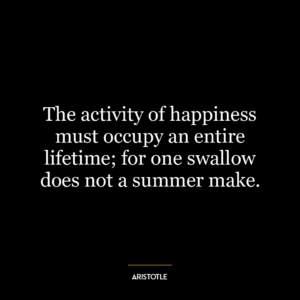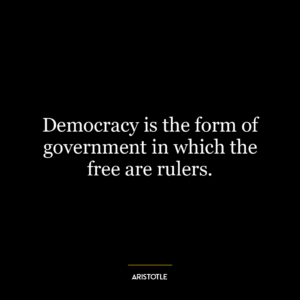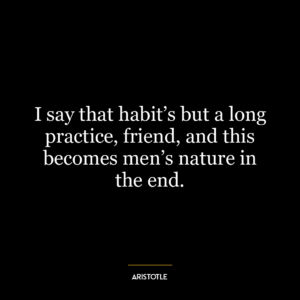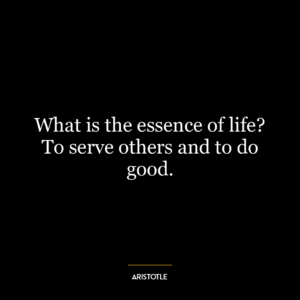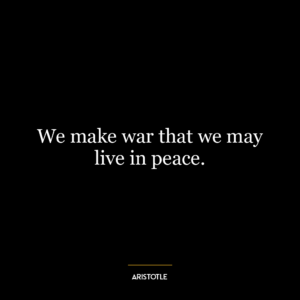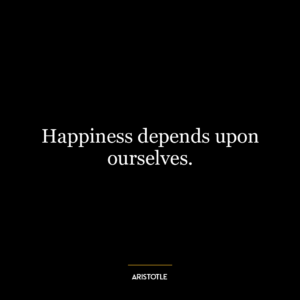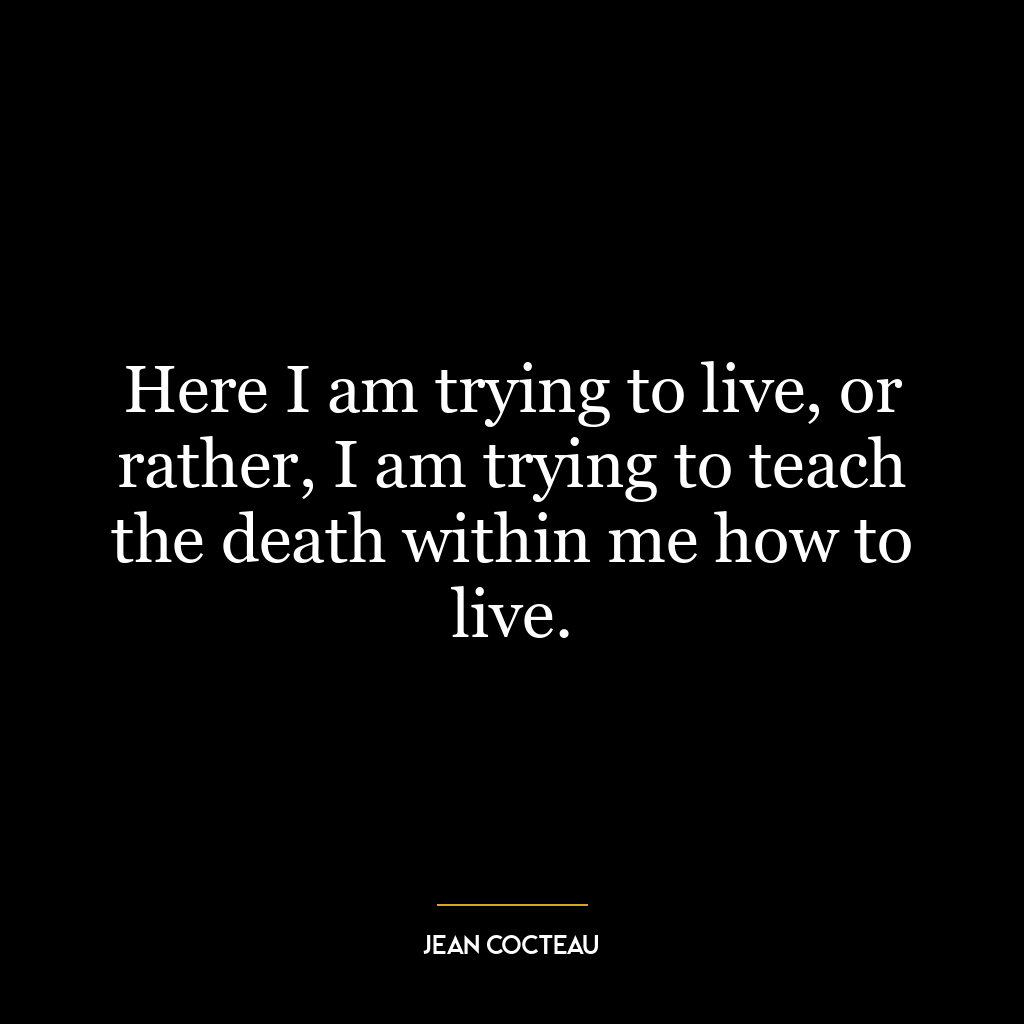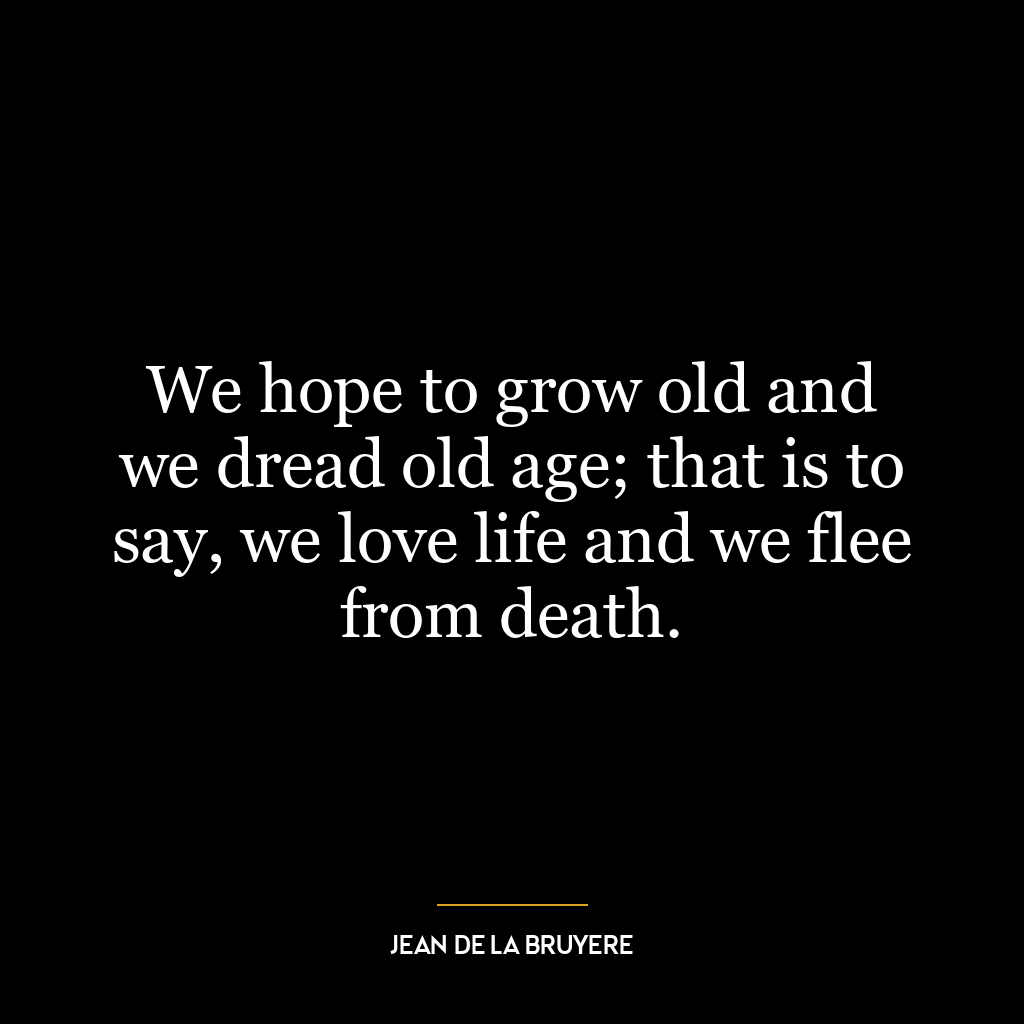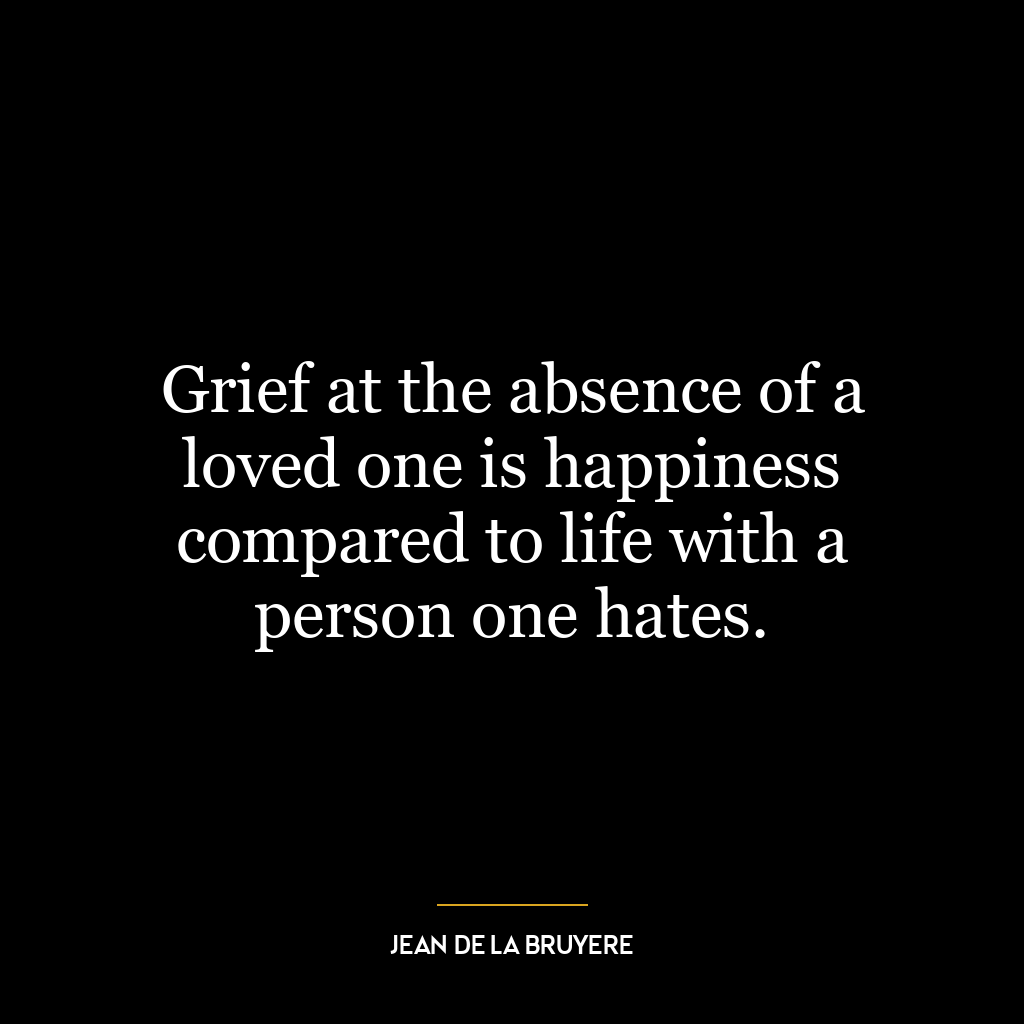“Happiness is activity” is a statement that emphasizes the importance of engaging in action, movement, or productivity as a key to experiencing joy and fulfillment. It suggests that happiness is not a passive state to be received or waited upon, but rather, it is an active state to be pursued and cultivated through our actions.
This quote can be interpreted on several levels. On a basic level, it could mean that physical activity or exercise leads to happiness, which is supported by numerous scientific studies showing the positive impact of physical activity on mood and mental health. On a deeper level, it implies that happiness is not something that can be achieved merely by thinking or wishing, but rather by doing, by actively participating in life, by setting and achieving goals, by overcoming challenges, and by constantly growing and evolving.
In terms of personal development, this quote underscores the importance of taking action towards our goals and aspirations. It is a reminder that we shouldn’t wait for happiness to come to us, but we should actively seek it in our daily activities. Whether it’s learning a new skill, pursuing a passion, helping others, or simply doing activities that bring us joy, these actions contribute to our overall happiness.
In today’s world, where passive consumption of media and technology is prevalent, this quote is particularly relevant. It encourages us to be more active participants in our own lives, to seek out experiences that stimulate us physically, mentally, and emotionally, rather than passively consuming content created by others.
Moreover, in a society that often equates happiness with material possessions or external achievements, this quote reminds us that true happiness comes from within, from our own actions and attitudes. It’s not about what we have, but what we do, how we engage with the world, and how we choose to live our lives.
In conclusion, “Happiness is activity” is a powerful statement that challenges us to take control of our own happiness, to be proactive in seeking fulfillment, and to understand that happiness is a dynamic and active state, not a static or passive one.




